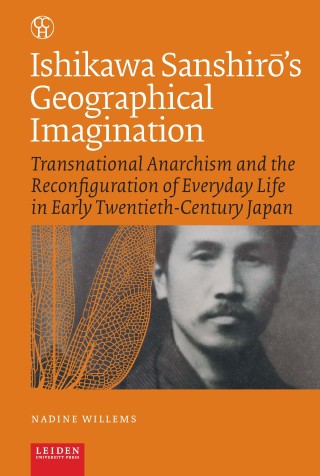In modern Japan, anti-establishment ideas have related in many ways to Japan’s capitalist development and industrialisation. Activist and intellectual Ishikawa Sanshir. exemplifies this imagination, connecting European and Japanese thought during the first decades of the twentieth century. This book investigates the emergence of a strand of non-violent anarchism, reassessing in particular the role of geographical thought in modern Japan as both a vehicle of political dissent and a basis for dialogue between Eastern and Western radical thinkers. By tracing Ishikawa’s travels, intellectual interests and real-life encounters, Nadine Willems identifies a transnational ‘geographical imagination’ that valued ethics of cooperation in the social sphere and a renewed awareness of the man-nature interaction. The book also examines experiments in anarchist activism informed by this common imagination and the role played by the practices of everyday life as a force of socio-political change.

